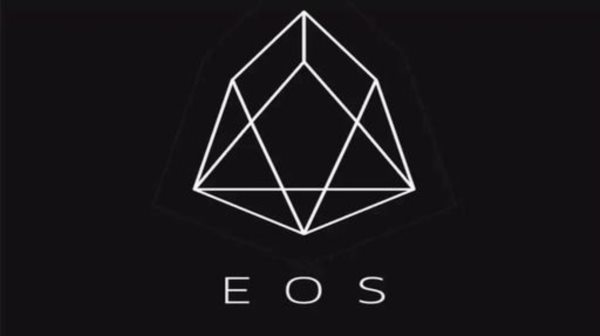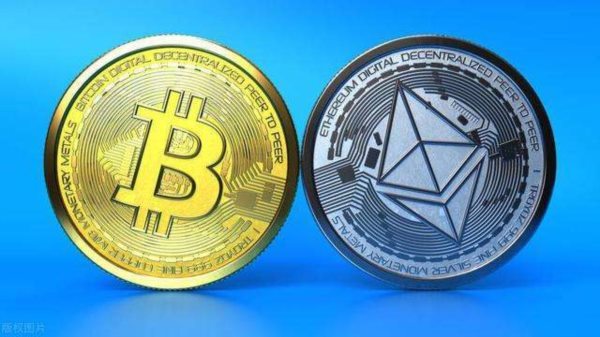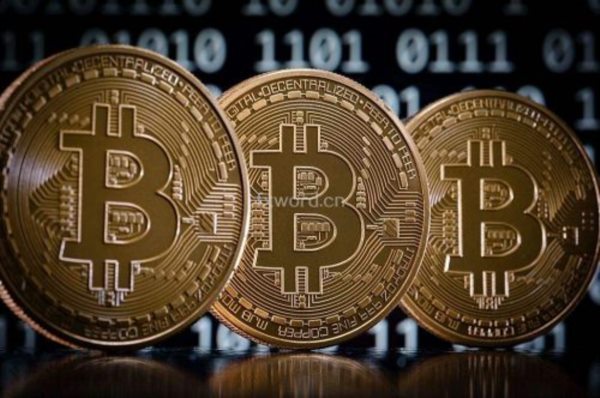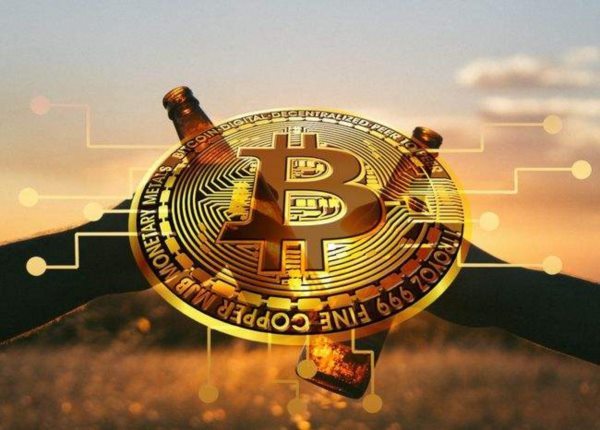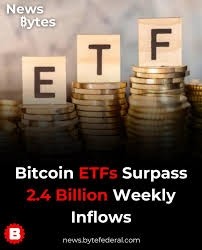时间:2023-08-26|浏览:265
DeFi moves financial functions onto the digital ledger of blockchain, allowing people to engage in activities such as lending and earning interest in savings-like accounts without the need for traditional intermediaries like banks. DeFi's popularity has been on the rise, fueled by the increasing use of blockchain technology.
According to Fasset, a company primarily operating in the blockchain infrastructure investment market, the value of collateral locked in DeFi has increased from less than $700 million at the beginning of the year to $10 billion. Marc Fleury, CEO of crypto asset management and fintech firm TwoPrime, states that the strong performance of the cryptocurrency market is partly due to cryptocurrencies acting as safe-haven assets, similar to gold, when risks multiply.
Why is DeFi so popular? One reason is that regulatory authorities are relatively behind in DeFi. In traditional uncollateralized lending, there is a legal requirement for lenders and borrowers to know each other's identities and for lenders to assess borrowers' repayment capabilities. In DeFi, there is no such requirement, and everything revolves around trust and privacy protection.
For example, in India, it is difficult for the underprivileged to open bank accounts or obtain small business loans. Even before DeFi entered India, cryptocurrencies had caught the interest of many currency investors. DeFi does not differentiate between the rich and the poor like the traditional financial ecosystem does. Currently, there are over $10 billion in currency transactions in various decentralized finance protocols, and more DeFi tokens are gaining popularity. WazirX, a popular cryptocurrency exchange in Mumbai, has been allowing the use of DeFi tokens for a month now and has already added 16 DeFi tokens.
Regulatory authorities must weigh the acceptance of innovation against the risk of individuals investing money in unregulated spaces while banks and other financial institutions may struggle to survive as intermediaries. However, embracing change seems wiser. In July of this year, the US Securities and Exchange Commission (SEC) approved Arca, an Ethereum-based fund, marking a significant step towards DeFi.
Another factor is the participation of mainstream players. Many financial institutions are starting to embrace DeFi and seek ways to get involved. For example, 75 of the world's largest banks, led by JPMorgan, ANZ, and Royal Bank of Canada, are testing blockchain technology to speed up payment processing.
Large asset management funds are also taking DeFi seriously. Grayscale, the world's largest crypto investment fund, managed over $5.2 billion in crypto assets in the first half of 2020.
Dapps (decentralized applications) play a significant role in DeFi. To understand the functionality of DeFi, one must first grasp the concept behind Dapps. Dapps are programs designed to run on decentralized networks, which can be blockchains, Tor networks, or distributed ledger technologies (DLT). The key to these protocols is their decentralization, without central institutions or companies overseeing and approving the business functions of these applications. In fact, Dapps require no human intervention as they integrate smart contracts to streamline their business systems. Smart contracts are pre-programmed protocols that execute when receiving the necessary passwords, and they can handle various tasks ranging from customer approval to payment processing.
Currently, there are more DeFi applications than ever before, saving businesses and customers significant time and money. DeFi platforms have emerged in almost every financial sector.
As our society's major systems transition to decentralization, there will be an increasing demand for DeFi Dapps. These applications of the new era will reform current business systems at an astonishing pace. Soon, decentralized applications will set new standards for economic development, significantly increasing global economic participation in the coming years.
DeFi, also known as OpenFinance, is a decentralized technology that enhances traditional banking services. The DeFi community seeks to create alternative solutions for every available financial service, including savings and checking accounts, loans, asset trading, insurance, and more.
Currently, DeFi plays a significant role in the development of the financial sector. It expands the functionality and the range of participants beyond traditional finance. With the accessibility of DeFi through smartphones, it has tremendous potential to extend the global economy. DeFi is an important area being developed in the crypto field, and this current period represents the beginning of integration, providing a unique opportunity to witness the development of a new industry.
Considering that some of the problems faced by the global financial system in recent years remain unresolved, the speed of transition from traditional finance to DeFi seems to only increase. Renowned venture capitalist Tim Draper said, "When politicians print trillions of dollars, people lose faith in the value of the dollar, and this will only accelerate the migration from fiat currency to dilutable cryptocurrencies." Draper recently observed, "DeFi tokens are nearly as advanced as the US dollar from a technology standpoint, and once they arrive, no one will want a currency subject to political manipulation like the dollar."
BMJ&DeFi, which recently skyrocketed from 1:186.9 to 1:1.3 in just half a month, with a peak increase of over 12,000%. Currently, BMJ&DeFi has been listed on foreign DEX market tracker CoinGecko, and communities have been established in Vietnam, Iran, India, and other countries. Undoubtedly, BMJ has become the largest potential stock in DeFi.
The liquidity mining of BMJ&DeFi has been launched, and the first stage of liquidity mining on the testnet started on October 1st. Hundreds of institutions and communities are competing for rankings in the first round of "Stellar Contest" mining pools. Currently, the exchange quantity of BMJ&DeFi has exceeded 60 million, with 3,500 holding addresses. The innovative concept and grand vision of DeFi have taken root and sprouted worldwide, constituting a revolution.
References:
[1]. https://www.bloomberg.com/news/articles/2020-09-22/defi-mania-puts-crypto-ahead-of-gold-as-2020-s-top-asset-so-far [2]. https://www.securities.io/what-is-defi/ [3]. https://theconversation.com/what-is-defi-and-why-is-it-the-hottest-ticket-in-cryptocurrencies-144883 [4]. https://cryptotips.eu/en/news/defi-token-fever-for-indias-crypto-investors/ [5]. https://qz.com/india/1904674/indian-crypto-investors-eye-defi-tokens-in-search-of-next-bitcoin/ [6]. https://internationalbanker.com/finance/defi-behind-the-latest-revolution-in-crypto/

